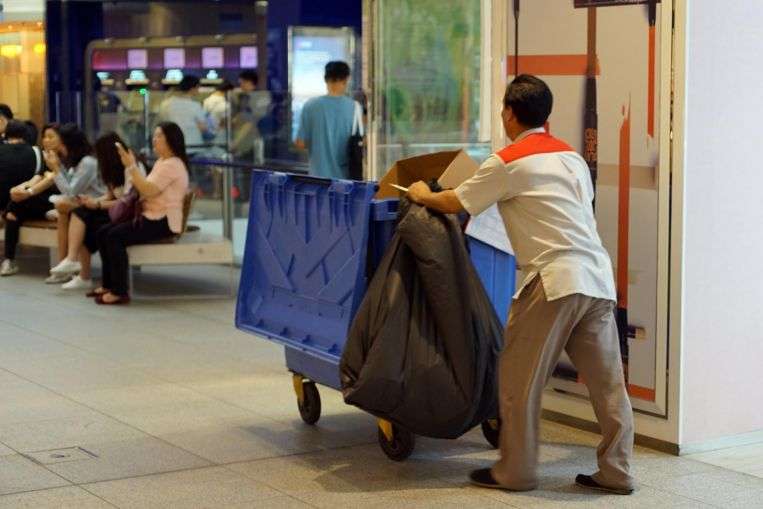TL;DR – Ask, and you shall be given (an answer).
When the announcement that cleaners in Singapore will be getting a wage hike over 6 years from 2023 broke last week, many Singaporeans were left wondering,
“Does this mean that the cleaners got to wait until 2023 for the wage increase?”
Hey, I was one of them too!
But then later, I learned that cleaners are already slated to a 3% year-on-year wage increase from 1 July 2020 to 2022 under previous updates to the Progressive Wage Model (PWM), and this newly announced wage increase builds on the earlier schedule of base wage increase.
And like this Straits Times Forum writer Karen Yip Lai Kham, I too wonder that if this group of workers is so crucial during the Covid-19 pandemic, then shouldn’t we bring forward the well-deserved wage adjustments for cleaners?
Chairman of the Tripartite Cluster for Cleaners responds
In response to the forum letter, NTUC assistant director-general Zainal Sapari, who chairs the Tripartite Cluster for Cleaners (TCC) has issued his reply in a separate forum letter.
In his reply, Mr Zainal Sapari explained that the TCC has recommended a six-year schedule of wage increases to the PWM baseline wages so that the industry is given notice before the new recommendations take effect.
It allows a two-year lead time for the industry to plan, and for service providers to explain with service buyers how the likely increase in contract fees is computed to avoid the perception of profiteering.
On extending wage increases for cleaners to migrant workers
Besides explaining the need for giving the industry notice before the wage increases take effect, the TCC Chairman also responded to another forum letter that called for the inclusion of migrant cleaners in the wage increments for cleaners under the PWM.
He explained that while the TCC recognises that employers incur many other manpower-related costs such as medical coverage and accommodation, it is exactly with this consideration that the wage recommendations were not made mandatory for foreign workers.
Nevertheless, the TCC had recommended in its 2016 report that employers incorporate the key principles of progressive wages, in terms of skills, productivity and job responsibilities, to the wage structure of their foreign workers, he added.
Mr Zainal Sapari then concluded his letter by urging all stakeholders to recognise that each stakeholder has a part to play to ensure our essential services workers in the environmental services industry can work with dignity and their job worth be valued and recognised and that it would require a whole-of-society effort and change of mindset to uplift the lives of cleaners to promote a fairer and cohesive society.
Alternatively, you can also read his reply in his Facebook post below:
